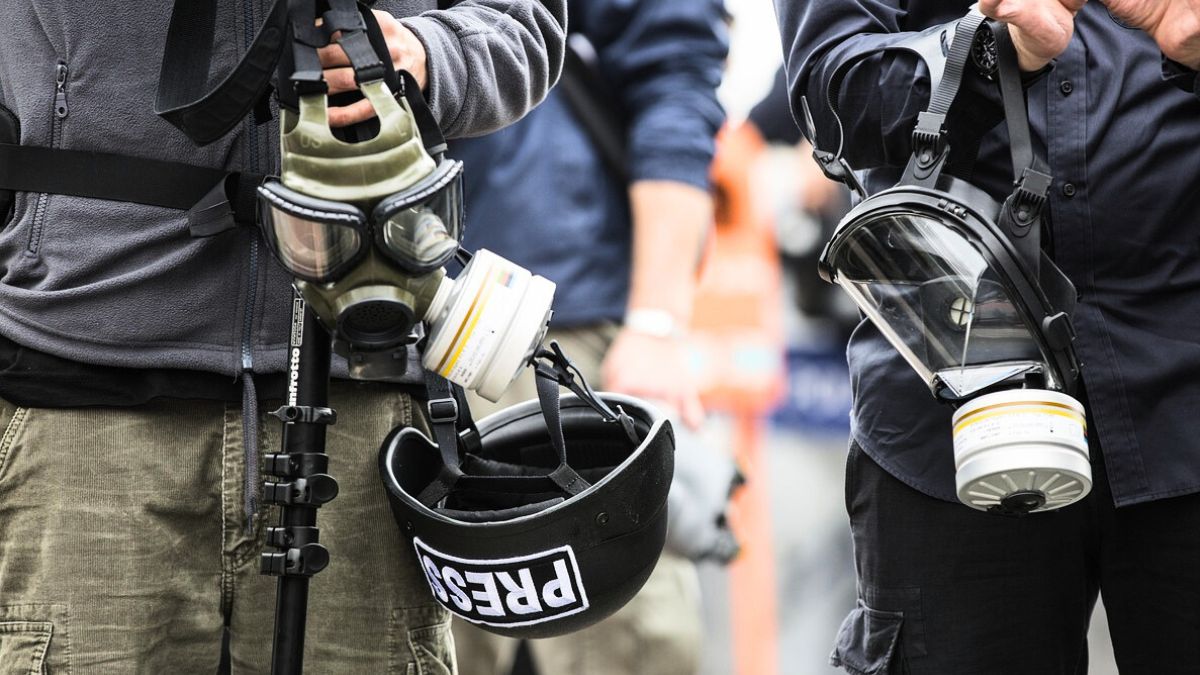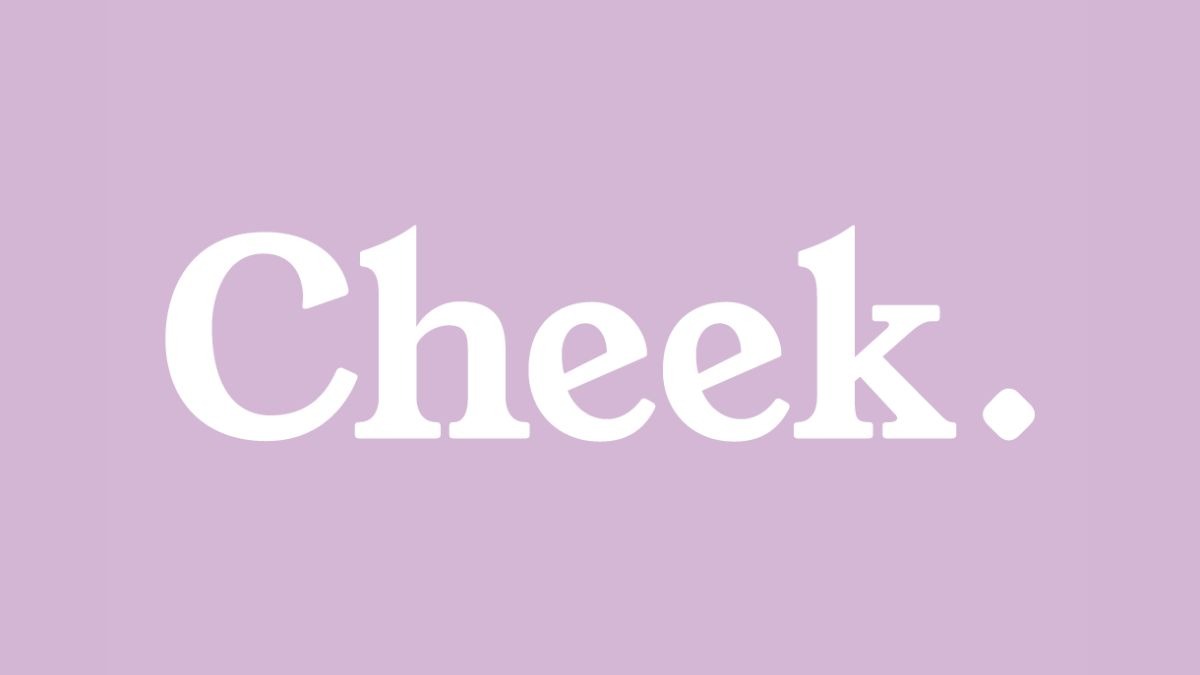The fight for media freedom, diversity and sustainability
Every month, PIJI brings you the latest on the public interest journalism sector at home and around the world.
In this issue, former foreign correspondent Peter Greste opens up on his lived experience as a journalist persecuted for his work as authoritarian pressure on public interest journalism continues to mount worldwide.
PIJI also speaks to the politicians calling for movement on News MAP and the News Bargaining Incentive, and Cheek Media co-founder Hannah Ferguson talks building an audience by choosing the right platform and filling mainstream media’s gaps.
PIJI is an independent advocacy organisation. We appreciate your support. Please consider forwarding this newsletter to someone interested in the sustainability of public interest journalism and its importance to the survival of democracy.
‘Where is it?’: Progress urged for News MAP and News Bargaining Incentive
As the year nears its end, Australia still awaits movement on promised government measures intended to support a sustainable public interest journalism sector.
‘Dismantling’ of democracy chipping away at press freedom
A decade since Peter Greste’s release from an Egyptian prison, the safety of journalists working to fulfil their role as guardians of truth has deteriorated.
Hannah Ferguson on building Cheek Media and surviving an increasingly ‘toxic’ news cycle
Five years of well-timed incisive analysis and refinement of digital offerings created a profitable venture with thousands of engaged subscribers.
ICYMI: Industry updates
Australia
- Seven West Media and Southern Cross Media have agreed to merge. The move – pending ACMA, ACCC, ASX, court and shareholder approval – would create one of Australia’s largest integrated media companies.
Australia already has one of the most concentrated news media sectors in the world; as of 2022, Seven West Media, News Corp Australia, Nine Entertainment Co. and Australian Community Media had an 84 per cent market share of the newspaper sector, while Southern Cross Media, ABC, ARN and Nova held a 77 per cent market share in the radio sector. - The government proposed a whistleblower ombudsman as public consultation on the second stage of reforms to the Public Interest Disclosure Act 2013 commenced.
The whistleblower ombudsman would have oversight of the Act, dispute resolution functions and the power to investigate reprisals. - A 2023 investigation by the ABC’s Four Corners resulted in a landmark Australian case, with the Federal Court issuing a penalty of more than $340,000 to a man who had posted deepfake pornographic images of several prominent Australian women.
- Former soldier Ben Roberts-Smith lost his final bid to appeal a 2023 defamation ruling, which found Nine newspapers’ claims he was complicit in the murder of four unarmed civilians in Afghanistan were substantially true.
- ABC journalist John Lyons was threatened by US President Donald Trump after questioning the appropriateness of the president being “engaged in so much business activity” while in office.
“Your leader is coming over to see me very soon,” Trump said after briefly responding to Lyon’s question. “I’m going to tell him about you, you set a very bad tone.”
The next day, the ABC was barred from Trump’s UK press conference due to “logistical reasons”. UK officials denied the move was due to Lyon’s prior questions.
Albanese has not publicly commented on the issue, but Treasurer Jim Chalmers said Lyons was “just doing his job”. - The ABC was ordered by the Federal Court to pay Antoinette Lattouf $150,000 in penalties over her unlawful termination. This is in addition to the previously-ordered compensation of $70,000.
The court found the ABC let down the Australian public when it “abjectly surrendered” to pro-Israel lobbyists for “spurious reasons and without giving Ms Lattouf the opportunity to defend herself.” - Sky News cancelled its program Freya Fires Up following a controversial segment during which a guest wearing raw bacon made Islamophobic statements while being questioned about the fallout of US right-wing activist Charlie Kirk’s assassination.
Footage later revealed the UK-based guest had made his agenda clear prior to the segment, declaring he had “enough balls to fight Islam” while a Sky News staffer arranged the bacon on his shoulders.
Around the World
- A long succession battle over the Murdoch media empire has drawn to a close.
Rupert Murdoch’s son, Lachlan Murdoch, is set to control the news group and preserve the conservative editorial lean of companies like News Corp and Fox Corp. - US President Donald Trump continued to attack news publishers over unfavourable coverage by launching a US$15 billion (A$22 billion) defamation lawsuit against The New York Times, two reporters and Penguin Random House.
The complaint was quickly thrown out by a federal judge for its “tedious and burdensome” filing, but Trump will be allowed to refile within a set period.
Trump’s latest legal action continues a trend, with an ongoing defamation lawsuit against The Wall Street Journal and its parent companies, Dow Jones and News Corp, and a previous settlement with CBS parent company Paramount. - Under the project ‘Big Tech’s Invisible Hand‘, 18 organisations across 13 countries investigated how tech giants use lobbying to influence laws and curb regulation around the world.
Resulting articles looked at how Google paid the media to avoid regulatory pressure, the methods companies like Meta, Apple and TikTok use to change political agendas, and zoomed in on particular case studies like Brazil and Indonesia. - Notable economists called for governments worldwide to recognise independent, verifiable information as essential economic infrastructure and invest accordingly to safeguard public interest media.
- In the Maldives, parliament voted to pass a controversial bill granting sweeping government powers to regulate the country’s media industry.
Although the government says the bill will “safeguard the constitutional right to freedom of expression”, critics including local journalists and the International Federation of Journalists labelled it an attack on press freedom and democracy. - During the second Africa Climate Summit, journalists from across the continent committed to a collective approach on covering the region’s climate change, peace and security challenges.
Parts of the declaration included equipping journalists to report ethically and accurately from high-risk environments, promoting investigative journalism that “exposes inequities in climate finance flows” and demands accountability, and empowering citizens to participate in shaping decisions that affect their lives. - A multi-million-dollar fund for independent journalism in Canada launched. The inaugural round of the Journalism Futures Fund will support small-to-medium organisations producing impactful journalism, led by members of communities underserved in local media.
Have something to share? Submit content for review to info@piji.com.au


